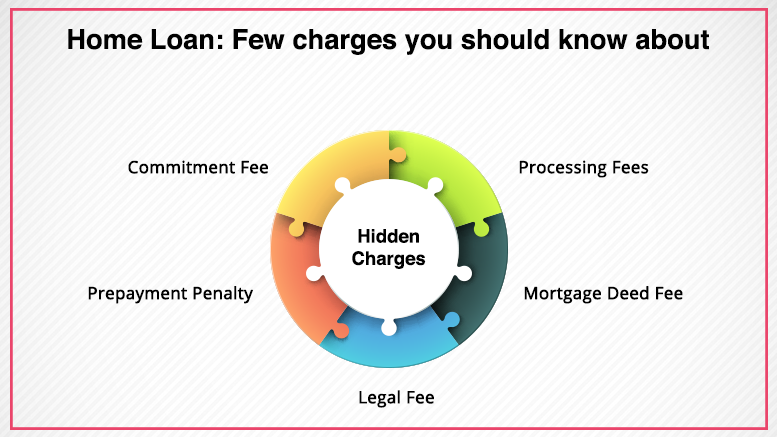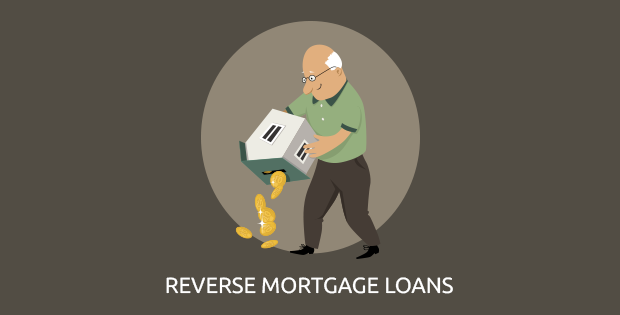
- About Us
- OUR OFFERINGS
- CALCULATORS
- RESOURCE CENTRE
-
Quick Links
- Existing Customers Benefits
- Become a Partner
- Pre-Approved Projects
- Home Loan App
- Blog
- CSR
- Locations
- Roi Switch Policy
- Co-Lending Policy
- Co-Lending Partnerships
- Customer Sensitization Program
- ROI Range
- Borrower Education - SMA/ NPA classification
- Borrower Awareness - RBI Ombudsman Scheme
- Borrower Awareness - procedure for handover of property documents
- NEWS CORNER
-
INVESTOR RELATIONS
- Financial Reports
- Investor Presentations
- Annual Reports
- Notices
- ESG Profile
- IEPF
- Investor Call Transcript
- Corporate Announcement
- Public Issue of NCD'S
- Qualified Institutional Placement
- Investor Relations Contact
- Familiarisation Programmes
- ISO CERTIFICATIONS
- Forms for Shareholder KYC-PAN-Nomination update
- Credit Ratings
- Statutory Advertisements
- ODR Portal
- Rights Issue
- Sustainable Financing Framework
- CONTACT US
- Login
 Apply
ApplyOnline

India's 1st Completely Online Home Loan!
-
e-APPLY
-
e-SANCTION
-
e-DISBURSE
Start your eHome Loans Process Now!
Apply OnlineHow to claim tax benefits on joint home loans?

- Home Loans Guide ,Home Loan Transfer Guide
- Oct 30, 2017
- VIEWS: 7292
How to claim tax benefits on joint home loans?
A home loan is a long-term commitment. Since the loan amount is high, there are certain tax laws in place that offer some respite to borrowers repaying this high-value loan. Also, since this is a long-term loan, it is recommended that you apply for it jointly. Opting for a joint home loan also helps increase your loan eligibility. You can apply for the home loan jointly with a close, immediate family member such as your spouse, parents or sons. You just need to ensure that the joint applicant is employed and qualifies for tax exemptions. Here’s all you need to know about claiming tax benefits on home loan for joint owners.
How to claim tax benefits on joint home loans?
If you take out a home loan, you become eligible for tax deduction on both, the principal loan amount and the interest rate component of the loan. You can get a tax reduction of ?150,000/- per annum on the principal loan repayment amount under Section 80C, whereas you become eligible for tax reduction of ?200,000/- per annum under Section 24(b) of the Income Tax Act. Let’s take a look at the main aspects of joint registrations of property benefits
Co-borrowers & co-owners of a loaned property
Section 26 of the IT Act clearly defines the guidelines for taxation of an individual’s share in case of jointly owned properties. In case of joint ownership of a property, both applicants are taxed as individuals with respect to their share in a given property. As such, if your share in a joint property is ascertainable you are not taxed as an Association of persons or Body of Individual.
The basic requirement for claiming the tax benefits that come with joint home loans is that you need to be both, the joint owner as well as the co-borrower of the loan. Unless this basic condition is satisfied, you cannot claim joint house loan tax benefit. In several cases, an immediate member of the family (parent, spouse or son) is added only with the intention of enhancing the loan eligibility, but the co-applicant may not have any share in the purchased property. In such cases where the co-borrower is not a joint owner, tax benefits may not be claimed. This is one of the main reasons why properties may be purchased jointly but tax benefits have to be claimed individually.
Ratio for claiming tax benefits on home loans
In certain cases, one may be serving as both, the joint owner as well as the co-borrower of the home loan, but you may not be servicing the loan. In such cases, you cannot claim the home loan co-applicant tax benefit. This is because the tax laws with regards to home loans state that the tax benefits are extended on the basis of the amounts paid by the co-owner and co-borrower.
As mentioned above, for a single self-occupied property, you may claim tax benefits of a maximum of ?200,000/- per annum on the interest component of the home loan. Therefore, if you and your co-applicant are serving as both, the joint owners as well as the co-borrowers and are both servicing the loan, you become eligible for a total tax reduction of ?400,000/- (?200,000/- each) per annum. Also, both joint owners and co-borrowers servicing the loan can claim tax benefits of ?150,000/- per annum each under Section 80C of the Income Tax Act, which amounts to a total saving of ?300,000/- per annum. Therefore, joint home loan tax benefits are provided on the basis of the ratio in which both applicants are servicing the loan.
Determining the share of both applicants in the joint home loan – things to remember
Your property share is fixed when the property is purchased. It can be in different forms as under:
- The share may be by way of equal down payment contribution with both parties holding an equal stake in the home loan.
- One of the two parties may have paid their entire share of the loan through down payment and yet may be listed as joint owner and co-applicant.
- One of the two parties’ name or role may not be mentioned or defined in the loan agreement or certificate issued by the lender.
In all the above mentioned cases, the share of both applicants may be presumed equal unless there are special circumstances.
As is apparent, there are many joint home loan tax benefits. Joint home loans help distribute the financial burden, while both applicants can benefit from the tax reductions offered under various sections of the Income Tax Act of 1961. Also, as both, yours and your joint applicant’s income increases over a period of time, you can pay off the loan faster and becoming debt-free before your chosen loan tenure.

Top up home loan vs personal loan a comparison to determine the better choice for loans
Taking on a loan of any kind is a financial responsibility. It is a debt that needs to be repaid, in full, based on the tenure chosen by the borrower. Most banks, housing finance companies and non-banking finance companies offer a myriad of loans to finance the different needs of customers.
- Home Loans Guide
- Jul 23, 2019
- VIEWS: 8917

MCLR in Home Loan
The interest rate is one of the most important components of a loan, especially in the case of a high-value loan that lasts for 2 decades or more; the home loan.
- Home Loans Guide
- May 24, 2019
- VIEWS: 6662

Types of Home Loan Charges
Most people fulfil their wish of becoming homeowners by taking out a home loan. It is the easiest way to afford a property as one can pay for the house in monthly instalments.
- Home Loans Guide
- May 24, 2019
- VIEWS: 7953
No Comments
Subscribe
Most Viewed Blogs
Categories
- Home Loans Guide 125
- Home Renovation Loan Guide 3
- Home Loan Transfer Guide 14
- Home Extension Loans Guide 1
- Loan Against Property Guide 28
- Home Loan Interest Rates Guide 2
- Others Guide 8
- Home Decor & Lifestyle Guide 5
- Plot Loan Guide 3
- PMAY Guide 5
- Uncategorized Guide 1
- NRI Home Loans Guide 5
- Financial Resolutions Guide 1
- New Year Resolutions Guide 1
Archives
- Mar 2020
- Jan 2020
- Nov 2019
- Jul 2019
- Jun 2019
- May 2019
- Apr 2019
- Mar 2019
- Feb 2019
- Jan 2019
- Dec 2018
- Nov 2018
- Jul 2018
- Jun 2018
- May 2018
- Apr 2018
- Mar 2018
- Feb 2018
- Jan 2018
- Dec 2017
- Nov 2017
- Oct 2017
- Sep 2017
- Aug 2017
- Jul 2017
- Jun 2017
- May 2017
- Apr 2017
- Mar 2017
- Feb 2017
- Jan 2017
- Dec 2016
- Nov 2016
- Oct 2016
- Jun 2016
- Apr 2016
- Mar 2016
- Feb 2016
- Jan 2016
- Dec 2015
- Nov 2015
- Oct 2015
- Sep 2015
- Aug 2015
- Jul 2015
- Jun 2015








